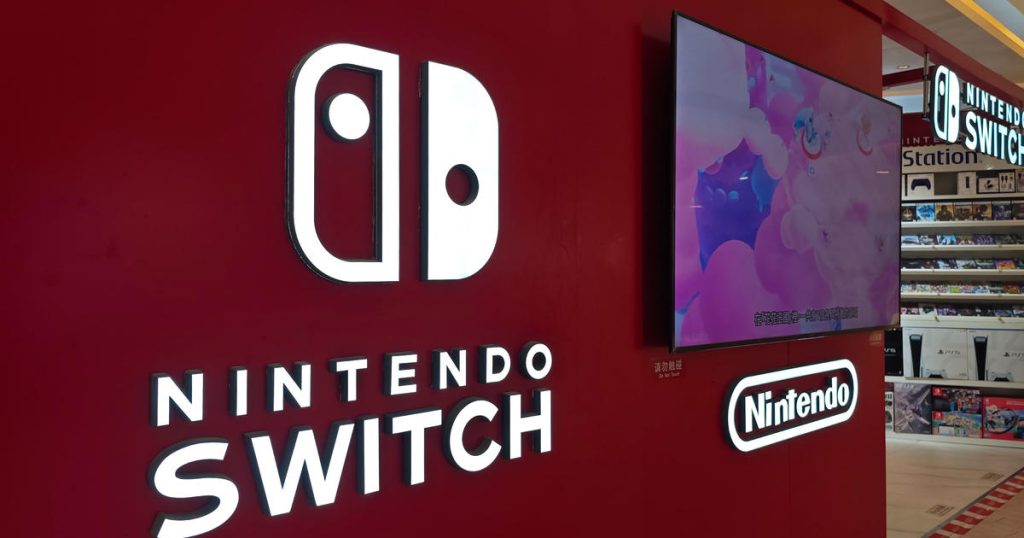The remake of the Nintendo game “Paper Mario: The Thousand-Year Door” for the Nintendo Switch platform in the U.S. includes a transgender character, Vivian. Vivian, who appeared in the original version of the game released in 2004, is one of the villains opposing the hero, Mario. Her sisters, Marilyn and Bedlam, often misgender her by calling her a boy. In the new game, Vivian reveals the pain she feels from the bullying due to being misgendered, disclosing her gender identity to the player.
The character Vivian was already known for being LGBTQ+ in other versions of the game. ING included Vivian in their list of favorite LGBTQ+ video game characters in 2018 because she had always talked about her gender identity in non-English versions of the game. For example, in the Italian version, Vivian is proud of her transition. However, in the English version, she was portrayed as a cisgender woman. The reveal of Vivian’s gender identity in the new U.S. release of the game has gained attention, especially from Nintendo fans eager to see more representation in mainstream gaming.
Video game review YouTube channel Nintendo Life shared the news about Vivian’s gender identity reveal in the new game release. CBS News reached out to Nintendo for comment but has yet to receive a response. In a report from 2018, GamesRadar noted that out of 179 games with LGBTQ representation, only 83 included playable characters who were queer. The lack of representation in video games was also highlighted by GLAAD in 2024, citing that less than 2% of games for Xbox, PlayStation, and Nintendo featured LGBTQ representation.
The inclusion of Vivian as a transgender character in the remake of “Paper Mario: The Thousand-Year Door” is a significant step towards LGBTQ representation in mainstream video games. With more platforms and developers taking note and actively working towards better representation, it is hoped that more characters like Vivian will be included in future gaming releases. The visibility and normalization of LGBTQ characters in video games is essential for promoting diversity and inclusivity within the gaming community and beyond.
As video games continue to evolve and reach wider audiences, it is crucial for developers to incorporate diverse representation that reflects the real-world diversity of their players. By including characters like Vivian in games, developers can create more meaningful and relatable experiences for all players, regardless of their gender identity or sexual orientation. Moving forward, it is vital for the gaming industry to continue to prioritize and increase LGBTQ representation to ensure that all players feel seen, heard, and valued in the virtual worlds they inhabit.


